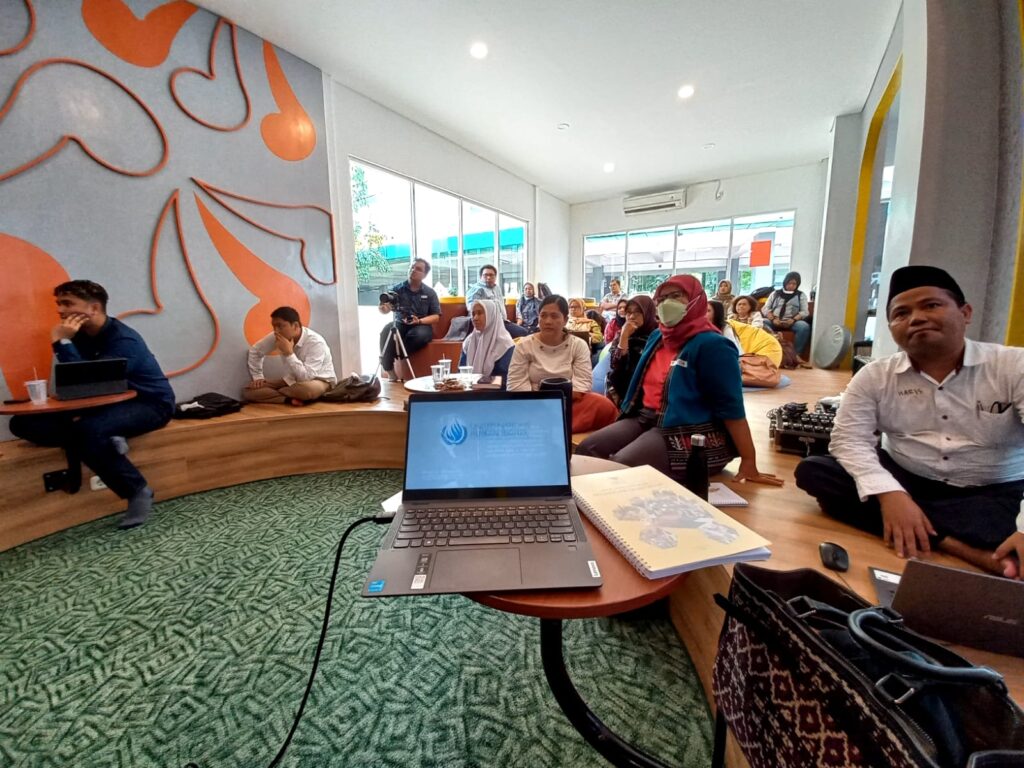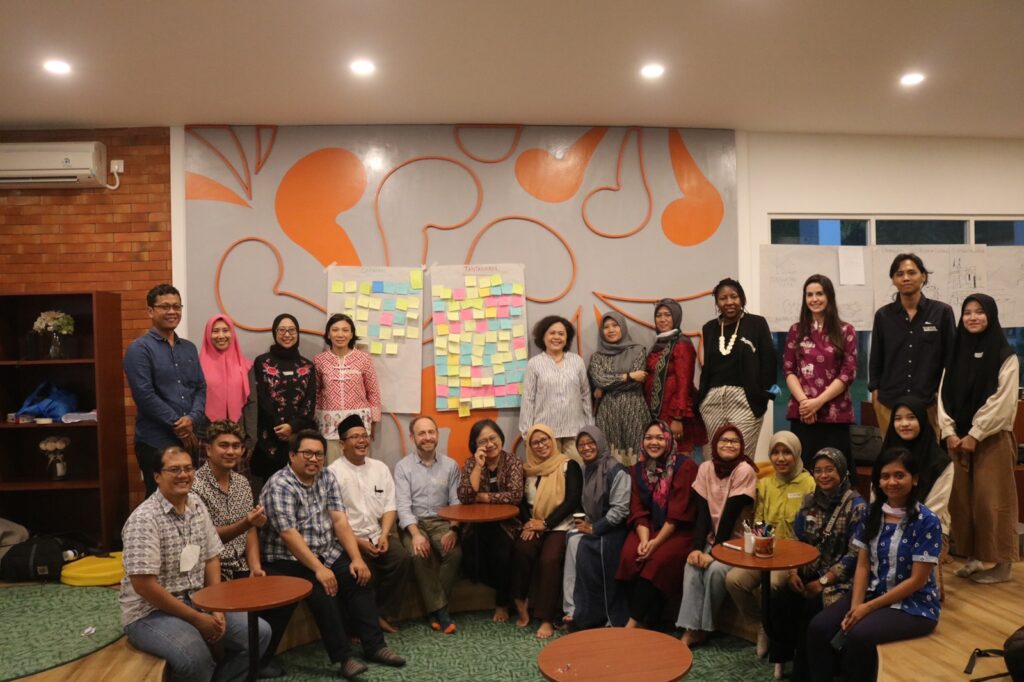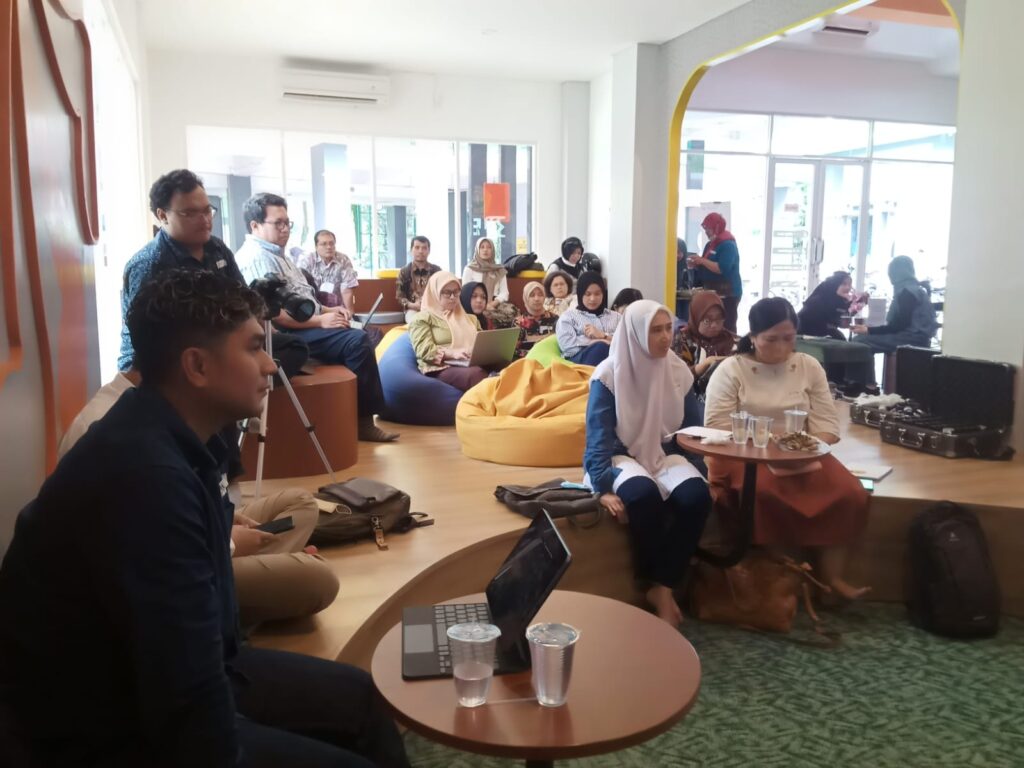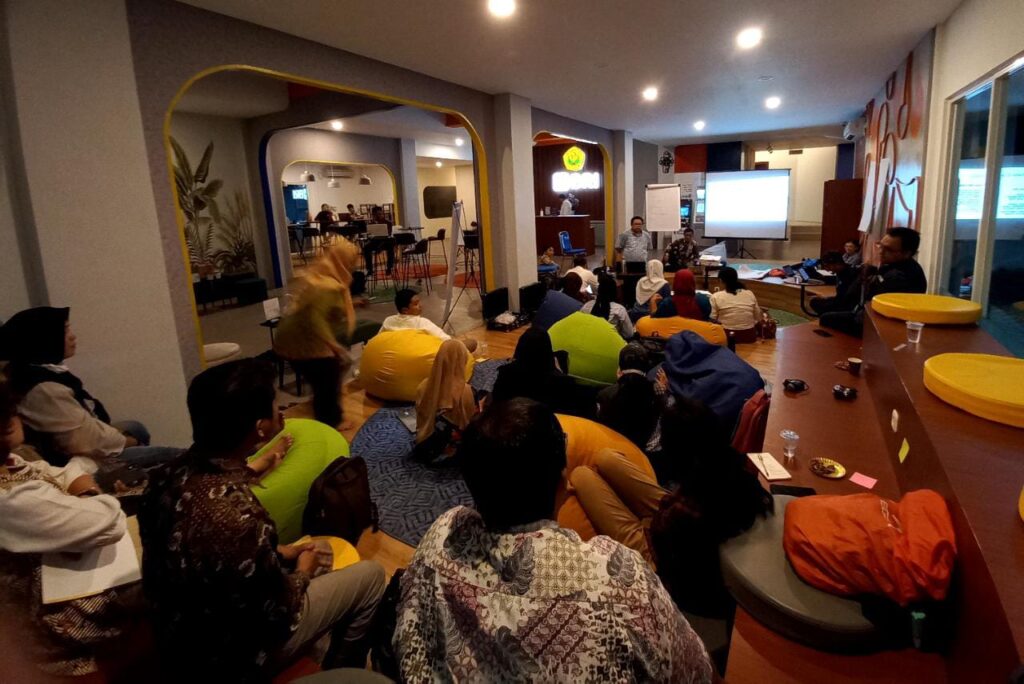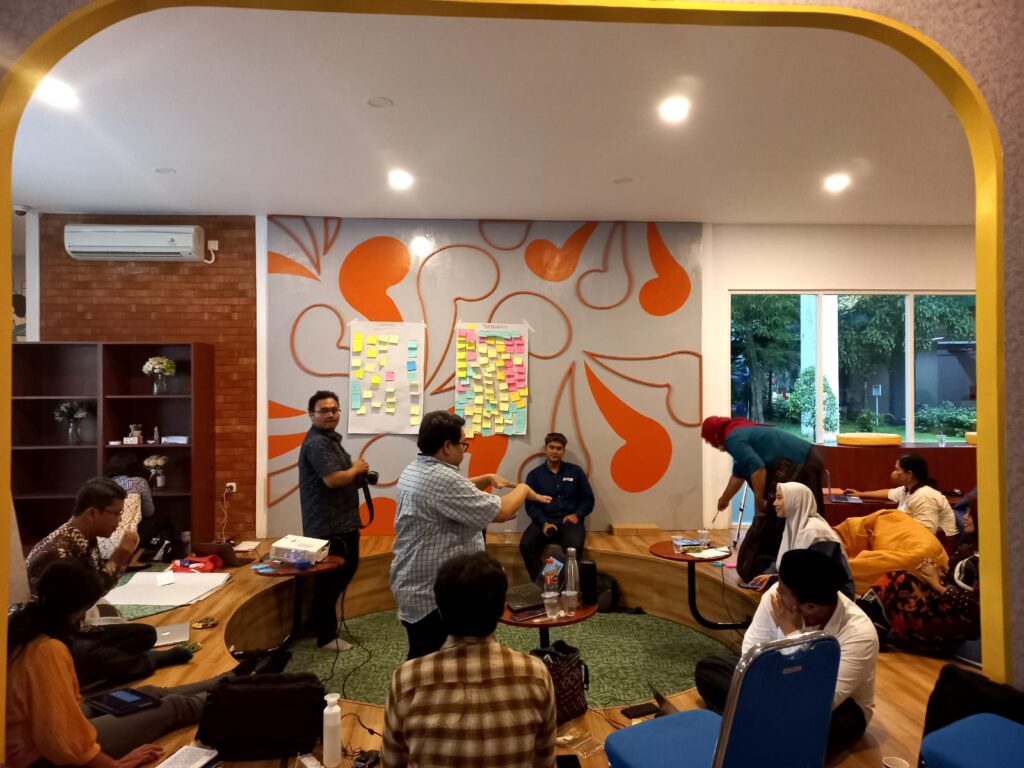The Centre for Human Rights, Multiculturalism and Migration (CHRM2) of the University of Jember received a StuNed Scholarship from the Netherland Government to organise a training “Strengthening the Capacity of CHRM2 to Support inclusive Regulation. CHRM2 co-organised the training with The Center for International Legal Cooperation (CILC). The training was officially opened by Rector of the University of Jember on 16 January. Representative of the Netherland Embassy, Mrk Hengstamn, Netherland Education Support Office (NESO), Peter van Tuijl, and Adeline from CILC also gave speeches in the opening.
This training is the continuation of the long work of the CHRM2 on post-legislative scrutiny since 2019. One of the results of CHRM2 research shows that legislators in various regions in Indonesia still prioritize law making for the benefit of the majority community and pay little attention to fulfilling the rights of vulnerable groups which include women, groups with disabilities, and children.
Over the past three years, CHRM2 has endeavoured to cooperate with various parties to maximize the promotion of human rights in Indonesia. One way is to evaluate the effectiveness of regional regulations such as Jember Regency Regional Regulation Number 7 of 2016 concerning the Protection and Fulfilment of the Rights of Persons with Disabilities. Regional Regulation No. 7/2016 contains various norms that support the fulfilment of disability rights such as the right to work. But in fact, not a single person with disabilities has worked in a private company or regionally owned enterprise.
This training aims to build the capacity of CHRM2 staffs to provide technical support to local governments and legislators to evaluate, review and monitor local regulations in the context of promoting human rights, particularly disability and gender rights.
20 trainees, mostly from Jember. They consisted of human rights researchers from Jember University, Kiai Haji Achmad Siddiq State Islamic University (UIN KHAS) Jember, legislators, local government, and people with disabilities.

